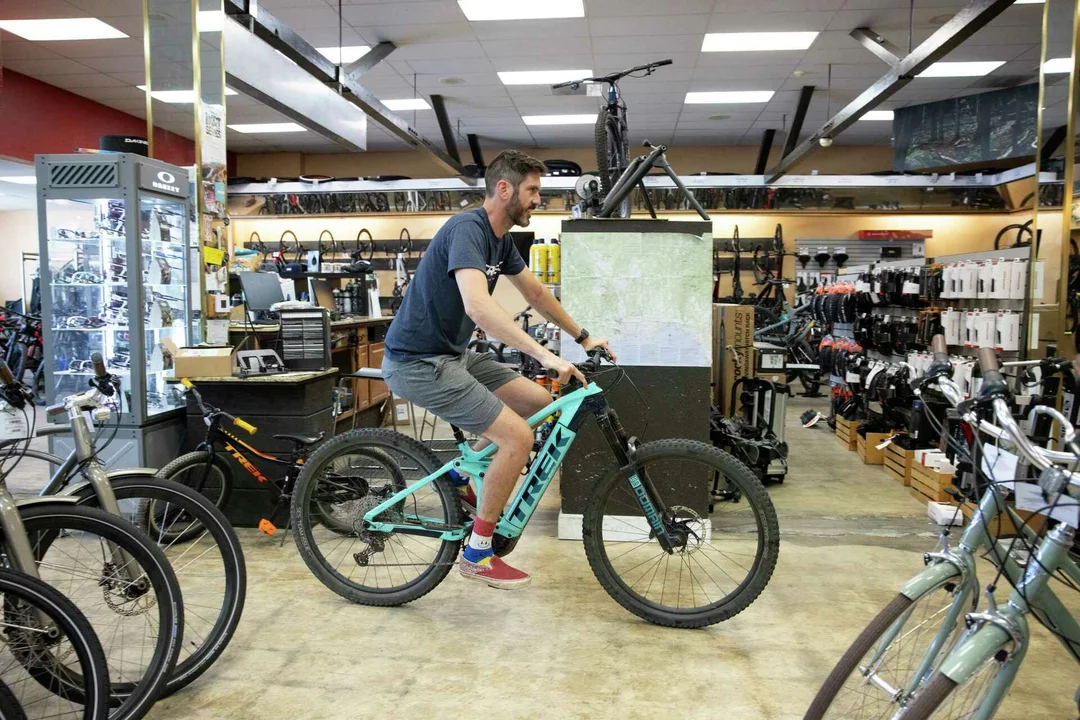
Will California’s E-Bike Voucher Program Make the Ride of Your Dreams Affordable?
As California grapples with the dual challenges of climate change and transportation congestion, the state is taking bold steps to promote sustainable commuting options. One such initiative is the much-anticipated return of the California E-Bike Incentive Project, allowing residents to apply for up to $2,000 in vouchers to purchase electric bicycles beginning April 29, 2025. This program aims not only to facilitate greener travel options but also to assist lower- and middle-income families in reducing commuting costs.

Launched by the California Air Resources Board (CARB), this multimillion-dollar initiative first debuted in December 2024, where it faced overwhelming demand resulting in applications closing just hours after opening. With up to 100,000 eager applicants vying for vouchers, the program's popularity underscores a growing interest in e-bikes as an innovative mode of transport.
Kendra Ramsey, executive director of the California Bicycle Coalition, emphasized the program's vital role in making electric bikes accessible. "Having an e-bike makes longer distances much more achievable," she stated, noting the environmental benefits as well: "For every e-bike trip on the road, that is one car trip someone’s not taking, making sure that the air we breathe in our communities is cleaner and safer."
This year, however, the number of available vouchers has been reduced to just 1,000, prompting applicants to prepare ahead of time. On the day of the application opening, potential participants are encouraged to join a virtual waiting room from 5 p.m. to 6 p.m. PT. At 6 p.m., numbers will be randomly assigned, and only the first 1,000 participants will proceed to the application process—a setup reminiscent of buying concert tickets that has raised concerns about accessibility.
Eligibility hinges on being a California resident aged 18 or older with a household income at or below 300% of the Federal Poverty Level (FPL). This measure aims to ensure that those who genuinely need support can benefit from the incentive. Priority will be given to those with incomes below 225% of the FPL. The application process also includes mandatory training videos on climate impact and e-bike safety, highlighting the educational component of the initiative.
Approved e-bikes under the voucher program range from Class 1 to Class 3, including cargo and adaptive bikes. Furthermore, the vouchers can help subsidize accessories such as helmets and locks, making it a more comprehensive support system for new e-bike owners. However, the program does not extend to used bikes or those modified with conversion kits.

Although the prospect of securing a voucher feels more like a lottery than a guarantee, Ramsey acknowledges the importance of having documents ready to minimize delays during the application process. "This program is not funded in a way that everyone who is eligible will get a voucher," she cautioned, reflecting the high demand and limited supply.
As Californians prepare for the application window, the question remains: Will this be your moment to embrace the e-bike revolution in a state known for its car culture? Don't miss out on this chance to make your commute more sustainable and enjoyable.
Readers, what are your thoughts on the e-bike incentive program? Will you be applying? Share your views and experiences in the comments!